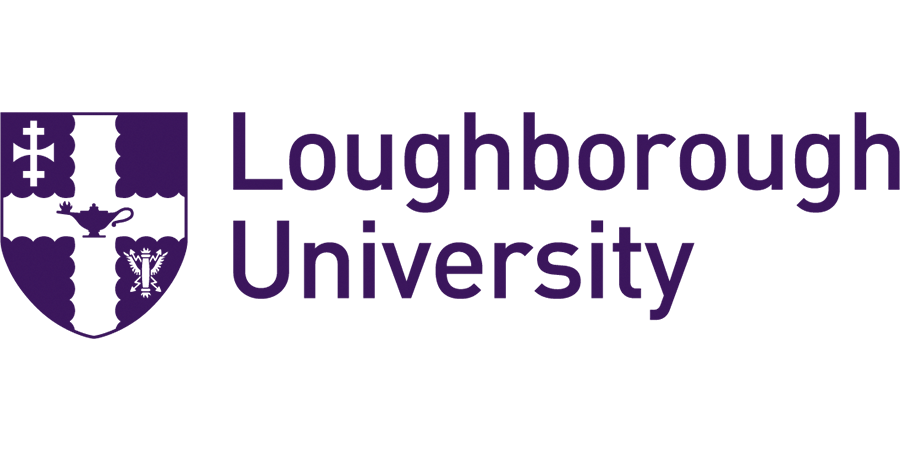PhD Studentship: Embedded AI-Powered Marine Biodiversity Monitoring
Loughborough University - Computer Science
| Qualification Type: | PhD |
|---|---|
| Location: | Loughborough |
| Funding for: | UK Students, International Students |
| Funding amount: | £20,780 per annum (in 2025/26) |
| Hours: | Full Time |
| Placed On: | 23rd October 2025 |
|---|---|
| Closes: | 7th January 2026 |
| Reference: | CENTA2026-LU07 |
This PhD project focuses on advancing computer vision and edge-AI technology for real-time marine monitoring. In collaboration with CEFAS (the Centre for Environment, Fisheries, and Aquaculture Science), a global leader in marine science, the project will develop scalable, low-cost embedded vision systems to analyze marine biodiversity and detect anthropogenic debris. The core challenge is creating robust, low cost, and real-time edge-AI algorithms capable of accurately classifying diverse marine species and debris under complex and dynamic underwater conditions.
The demand for such a low-cost system stems from the need to increase efficiency in marine monitoring. Furthermore, existing computer vision solutions often depend on cloud computing infrastructure and require specialized expertise. A scalable, embedded computer vision system that can analyze imagery in real time offers substantial value by enabling more accurate assessments of nearshore vegetation, shellfish stocks, anthropogenic debris, and epibenthic biodiversity.
The project will build on a working prototype, the Neural Network Enhanced Marine Observation system, a low-cost, shallow-water, edge-AI-enabled spatial camera system designed to meet multiple needs in marine biodiversity monitoring. The project aims to develop embedded novel deep learning and computer vision algorithms to extend the system’s capabilities to classify benthic anthropogenic debris and monitor marine biodiversity.
Supervisors:
Primary supervisor: Professor Qinggang Meng
Secondary supervisors: Professor Baihua Li, Jon Hawes, (from Cefas); Peter Kohler, (from Cefas)
Entry requirements:
Applicants will normally need to hold, or expect to gain, at least a 2:1 degree (or equivalent) in Computer Science, Engineering, or an appropriate Master’s degree with good programming skills.
English language requirements:
Applicants must meet the minimum English language requirements. Further details are available on the International website
Funding information:
This studentship which is partially funded by NERC, provides a tax-free stipend of £20,780 per annum (in 2025/26) and tuition fees at the UK rate for 3.5 years. It also provides a Research Training Support Grant (RTSG) of £8,000. Due to UKRI funding rules, no more than 30% of the studentships funded by this grant can be awarded to International candidates, but successful International candidates will have the difference between the UK and International tuition fees provided by the University.
How to apply:
- Complete a CENTA studentship application form in Word format (available from https://centa.ac.uk/apply/) under the ‘Our project-based studentships’ section on that page
- All applications should be made via the above ‘Apply’ button. Under Campus, please select ‘Loughborough’ and select the Programme “School of Science/Computer Science”. Please quote the advertised reference number ‘CENTA2026-LU07’ in your online application.
- During the online application process, please upload the CENTA studentship application form and a CV in addition to the other required minimum supporting documents.
- Application closing date is midnight (UK time) on Wednesday January 7th 2026. Interviews for short-listed candidates are expected to be held sometime in the period Monday February 2nd – Friday February 13th 2026.
Advert information
Type / Role:
Subject Area(s):
Location(s):









